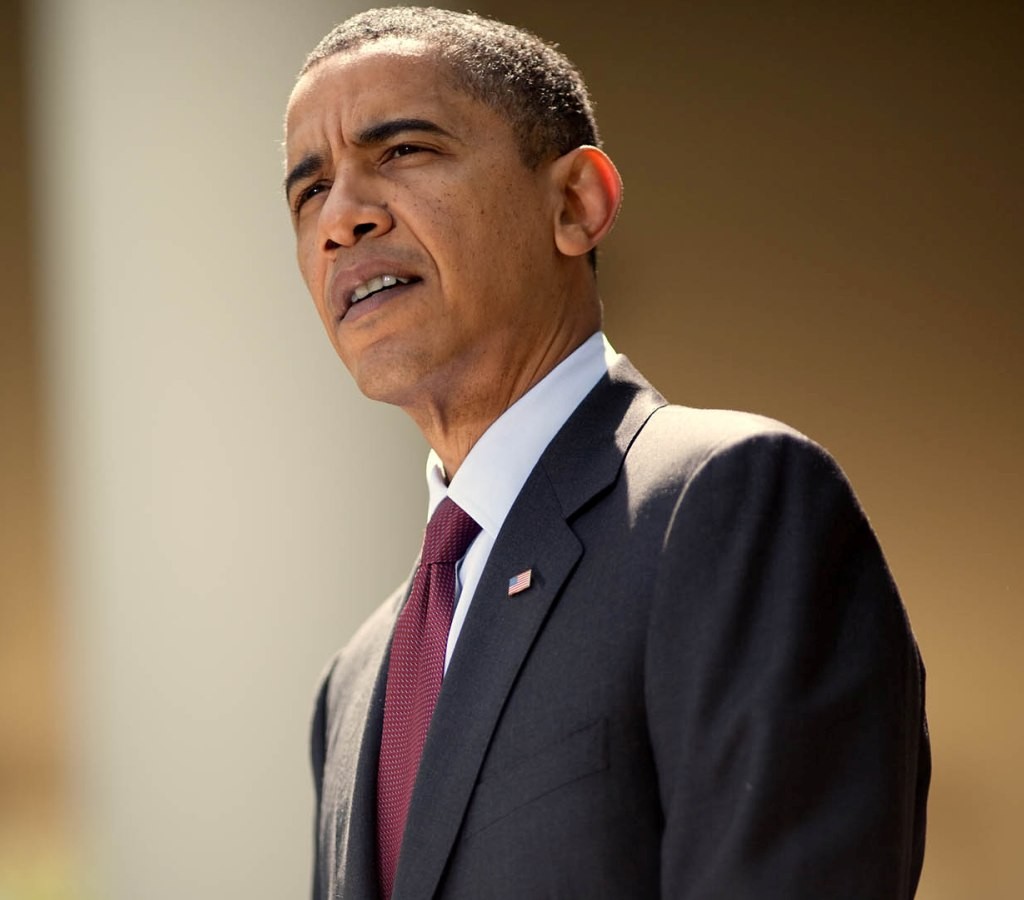President Obama recently presented his federal budget proposalfor fiscal year 2015. The president envisions the government spending $3.901 trillion and collecting $3.337 trillion, leaving a deficit of $564 billion that will be financed by adding to the national debt.
Many elements of the new budget have been proposed in previous years by President Obama but weren’t approved by Congress and thus were never enacted. The same fate will likely befall most, if not all, of the controversial elements included in the current budget.
But this year, there’s one proposal that has a direct impact on small businesses and that also happens to have some Republican support in Congress: an increase in self-employment (SE) taxes.
The president has proposed changing the federal tax laws so more of the profits earned by small businesses become subject to SE taxes. According to a study conducted by the Government Accountability Office, this change could mean small-business owners might collectively pay as much as $1 billion or more per month in additional SE taxes. In a surprising twist of events, Rep. David Camp (R-MI), chairman of the House Ways and Means Committee, also presented acomprehensive proposal to reform the tax code, which includes very similar changes to the SE tax.
Small business taxes start with self-employment taxes
Self-employment taxes for business owners or those who are self-employed are the equivalent of payroll taxes for employees. They consist of Social Security and Medicare taxes on the money you earn working for yourself.
For tax year 2013, they stand at 12.4 percent on the first $113,700 in earnings and 2.9 percent on all earnings respectively. While in theory this tax allows us to benefit from these entitlement programs when we become eligible, economic realities mean that younger self-employed persons won’t be able to count on the benefits that today’s retirees receive. In effect, SE taxes just become another tax with no long-term personal benefit. When combined with income taxes, that means that even a modestly profitable business could pay one-third or more of its profits in combined taxes.
